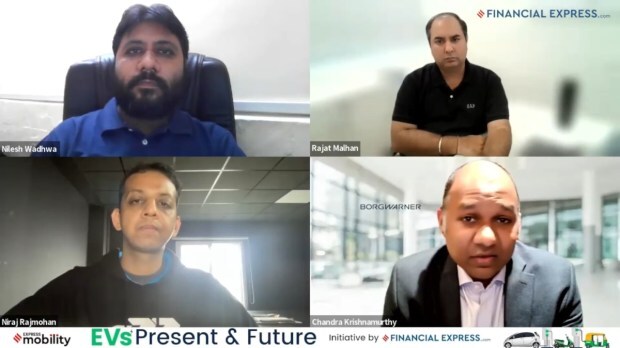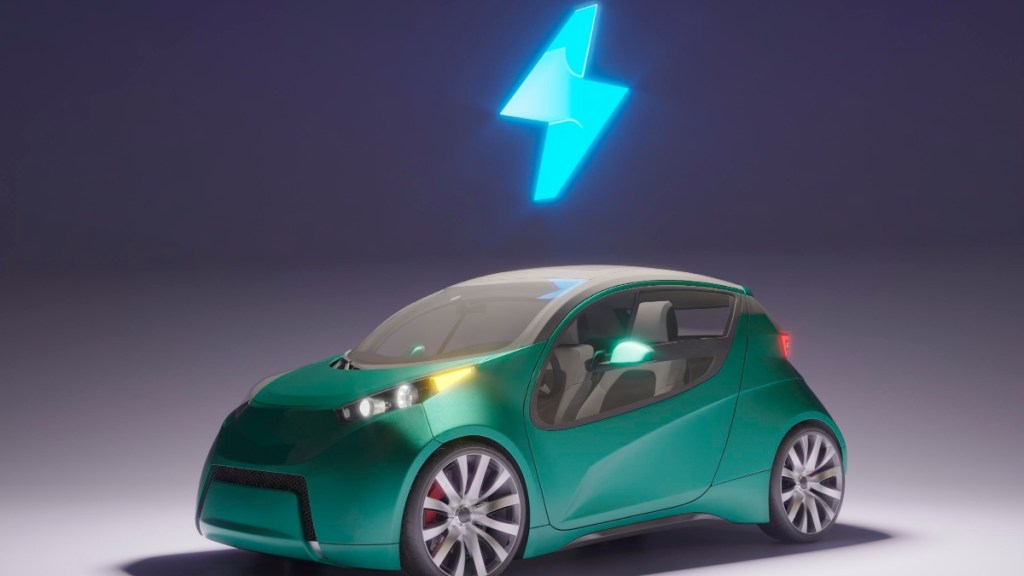The electric vehicle sales in India may have seen a mixed demand in various segments, but the country is well poised to benefit for higher adoption as the consumers grow acceptance for the green vehicles says Industry captains.

Financial Express Online hosted a webinar on the topic of ‘EVs Present & Future’ on September 9, World EV Day. The virtual event saw the participation of Niraj Rajmohan, Co-Founder & CTO, Ultraviolette Automotive; Rajat Malhan. Senior VP, Sun Mobility and Chandrasekar Krishnamurthy, Global Engineering Director, Systems, Software and Engineering Excellence, BorgWarner Inc. The session was moderated by Nilesh Wadhwa, Principal Correspondent, Financial Express.
The panel discussed a range of topics including the past, present and future of electrification. The panelists unanimously agreed that various factors such as government push, consumer maturity, lithium-ion prices, push towards localisation and better products are making a sustainable case for electrification.
“The global supply chain needs (read Indian EV manufacturing ecosystem) to de-risk. If cells, semiconductors, and microcontrollers are available in India as well it starts to make the country a very powerful manufacturing sector. I’m hoping that there is more efforts put in from the infrastructure and charging point whether it’s highways, cities and a push from the government side also to make it happen through you know keeping interoperable standards,” says Rajmohan.
Krishnamurthy recalls the challenges the automotive industry faced globally during the Covid-19 pandemic.
“I think one of one of the key drivers behind the new government policies is to have a local manufacturing base which creates jobs and therefore contributes back. The other one is about the supply chain challenges that we saw when the Covid-19 pandemic happened, the whole world came to a stop. We all had our own share of challenges to meet customer commitments as they also had their commitments to meet customers on the road.”
“Everybody started thinking about alternatives and how to address this because such a situation was never imagined before and now that situation can very well be the norm every now and then. The supply chain challenges were one of the major considerations for the government to really drive their policies in a way to promote local manufacturing,” he says.
Malhan believes that in the short term the two- and three-wheeler segment will be the primary adopters of electric vehicles. “The government policies are now more focused on the safety of EVs which I believe will lead to a more structured approach. The drive from the government is also going to be more on subsidies as well so this is not going to stop it’s only going to grow.”
If one looks at the broad points, its safe to say that the future of electrification in India will be driven by local design, talent, manufacturing and adoption.



















